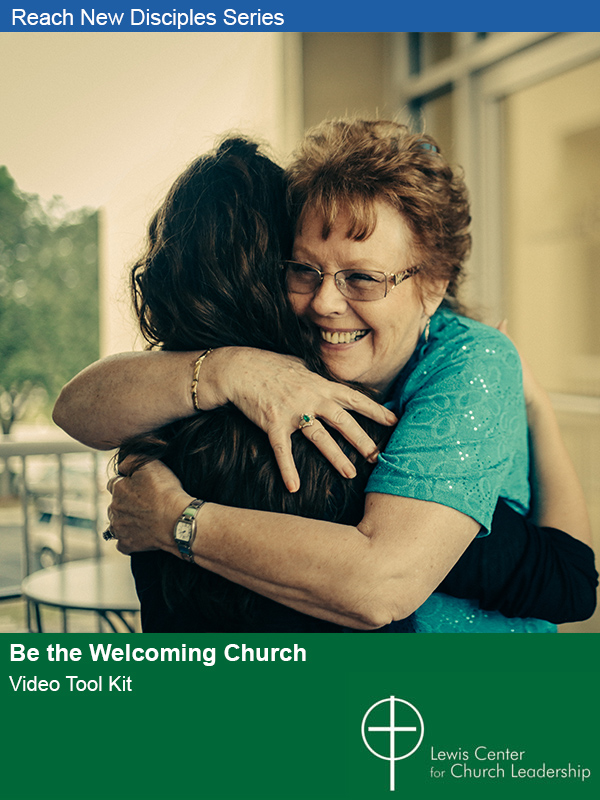In North America, many denominations have declined in worship attendance and membership for decades. Some churches have closed; others have fewer people attending. Over these same decades, however, internet usage has exploded. Since 1990 the internet has grown by 100 percent every year. This opens the possibility of using a live video stream to invite new people to worship and enable current attendees who are sick or out of town to worship with their local church. At the United Methodist Church of the Resurrection we began live internet streaming of two worship services on November 2, 2008. The first weekend 206 persons worshipped with us online. Today the average is 988 persons.
Our initial success with live streaming worship has led to a new set of questions — including some questions for which we do not have clear answers.
The conversation around live streaming worship often focuses on technology. But it is important to address some preliminary questions before considering technological issues:
- Why are we doing this? How does it further our mission?
- What is the goal?
- How will it be implemented?
- What defines the worship experience online?
- What impact do we anticipate on the current congregation?
- Why does this make sense within the culture of our church?
Only after gaining clarity around how internet worship relates to your mission can you address the host of technical issues involved in launching a new internet worship ministry — such as finding a cost-effective, accessible platform, encoding, streaming to iPhones, automating the start-up and shutdown of servers, and appropriate metrics for gauging the number of viewers. Ian Beyer, a member of Resurrection’s IT staff, has blogged extensively about the development and deployment of Resurrection’s internet worship in a series entitled, “Live Streaming on a Budget.”
Our initial success with live streaming worship has led to a new set of questions — including some questions for which we do not have clear answers. In what ways will persons who worship via live streaming video be discipled? In what ways will care be provided? How will persons be enabled or encouraged to give financially? And, what is the nature of the community encountered by internet worshippers? It is essential to answer these key questions as the internet develops as a medium for connecting with new generations of worshippers.







